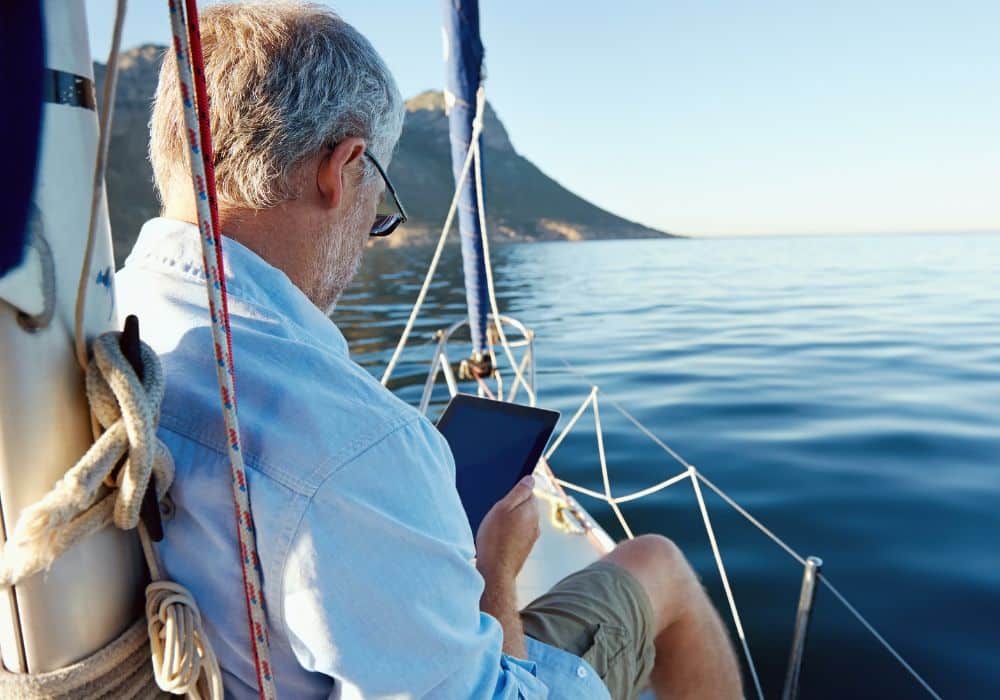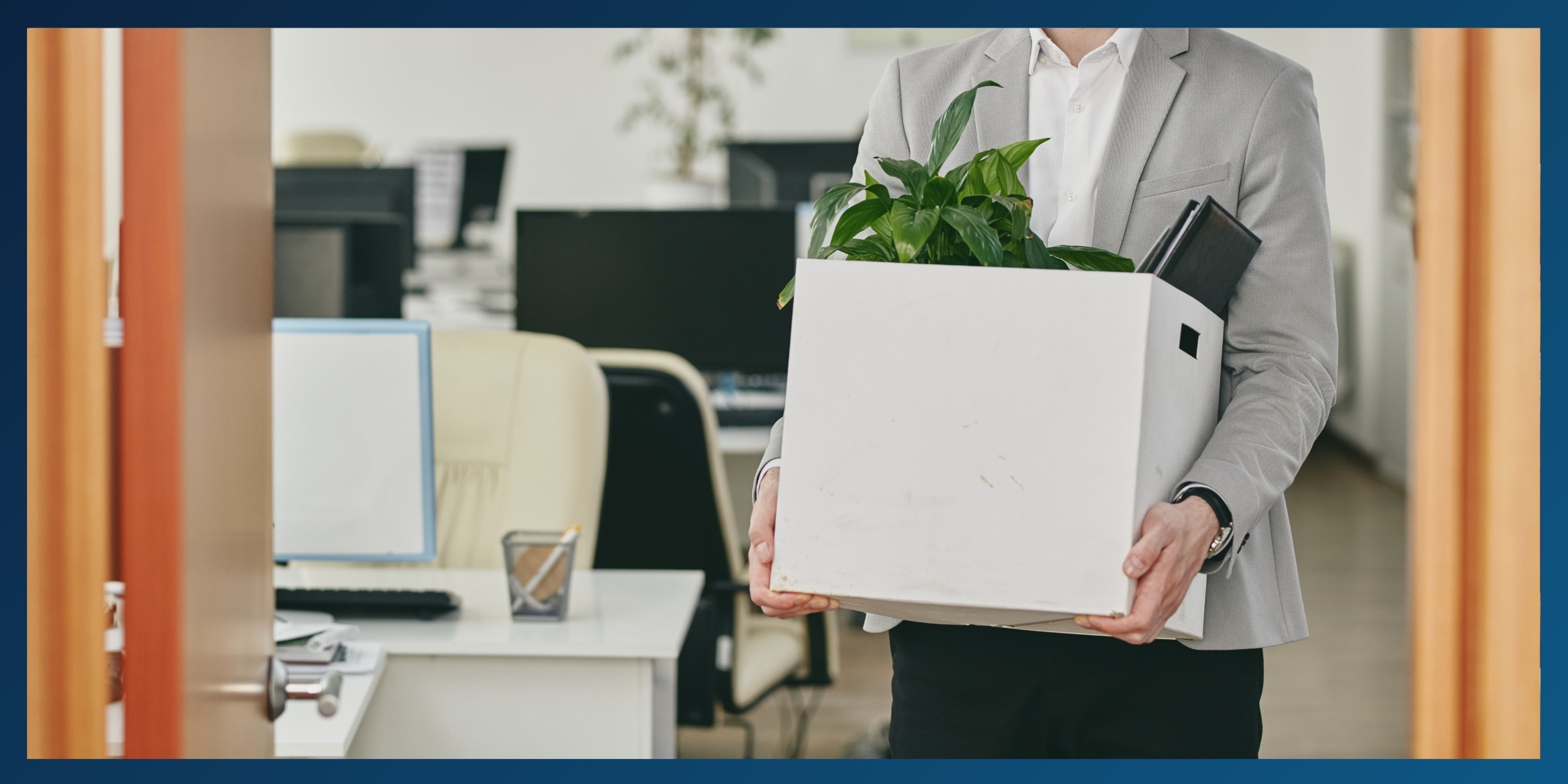
Deciding whether to convert a Traditional IRA to a Roth IRA can be a complex financial puzzle, where the pieces of taxation and retirement planning intersect. On the one hand, the promise of tax-free withdrawals and freedom from required minimum distributions (RMDs) offer potential long-term benefits. On the other hand, the immediate tax liabilities and potential cash flow challenges pose important considerations.
The eternal dilemma of financial decision-making: to Roth or not to Roth, that is the taxing question!
The Pros and Cons of a Roth IRA
Pros of converting a traditional IRA to a Roth IRA:
- Tax-free withdrawals in retirement: One of the significant benefits of a Roth IRA is that qualified withdrawals in retirement are tax-free. By converting to a Roth IRA, you can potentially avoid paying taxes on the distributions you take during retirement.
- No required minimum distributions (RMDs): Traditional IRAs require you to start taking required minimum distributions (RMDs) once you reach age 73 (as of 2023), which could potentially push your income into a much higher tax rate in retirement. However, Roth IRAs do not have this requirement, allowing you to leave the funds untouched for as long as you wish.
- Uncertain future tax rates: We know what the tax rates are today, but do not know what they will be in the future. Converting now locks in the tax bill at today’s current low rates. Rates will likely be higher in the future due to the current law sunsetting at the end of 2025.
- Greater tax-free yields: These can be achieved if the taxpayer pays the conversion taxes from non-IRA funds.
- Estate planning advantages: Roth IRAs offer unique estate planning benefits. If you don’t anticipate needing the funds in retirement, converting to a Roth IRA allows you to pass tax-free assets to your beneficiaries, who will benefit from tax-free distributions as well. Taxpayers making the Roth IRA election during their lifetime reduce their overall estate, thereby lowering the effect of higher estate tax rates.
- Surviving spouse benefits: Because federal tax brackets are more favorable for married couples filing joint returns than for single individuals, Roth IRA distributions will not cause an increase in tax rates for the surviving spouse when one spouse is deceased because the distributions are tax-free.
Cons of converting a traditional IRA to a Roth IRA:
- Immediate tax liability: Nobody wants to pay the tax on conversion because people just do not like paying the tax before they have to. However, you can defer taxes until the required minimum distributions begin.
- Traditional IRAs benefit more with charitable distributions: If you are already gifting money to charity, you could do this from a Traditional IRA in the form of a qualified charitable distribution (QCD). By doing a direct transfer to a qualified charity, you are getting the money out at a 0% tax rate. With a QCD, you also get better than a tax deduction: you get an exclusion from income.
- Uncertain future tax rates: The decision to convert should consider your expectations about future tax rates. If you believe your tax rate will be significantly lower in retirement, converting to a Roth IRA may not be as advantageous since you’ll pay taxes at a potentially higher rate during the conversion. This should also be considered if you plan to leave a substantial charitable bequest upon your death.
- Cash flow challenges: Paying taxes on the converted amount can create a short-term cash flow challenge. If you don’t have sufficient funds outside of your Traditional IRA to cover the tax liability, you may need to use a portion of the converted amount to pay the taxes owed, reducing the overall value of your retirement savings, and potentially challenging your ability to fulfill annual living expenses.
Qualified IRA Conversion Planning Advice
It’s important to note that the suitability of a conversion depends on individual circumstances, including income, retirement timeline, and financial goals. Before making any decisions, it’s advisable to consult with a qualified financial advisor or tax professional who can provide personalized advice based on your specific situation.
At Mission Wealth, our Strategy Group can review your individual tax situation and perform an in-depth analysis of the pros and cons of converting your IRA.

Mission Wealth Can Help You Retire with Confidence
This may be your first time retiring, but it's not ours. Careful coordination is required to ensure your retirement income strategy is tax-efficient and sustainable. You will face many decisions when retiring. Let us guide you through your options and create a plan.
Mission Wealth’s vision is to provide caring advice that empowers families to achieve their life dreams. Our founders were pioneers in the industry when they embraced the client-first principles of objective advice, comprehensive financial planning, coordination with other professional advisors, and proactive service. We are fiduciaries, and our holistic planning process provides clarity and confidence. For more information on Mission Wealth, please visit missionwealth.com.
To schedule a complimentary meeting with a Mission Wealth financial advisor, contact us today at (805) 882-2360.
Mission Wealth is a Registered Investment Advisor. This commentary reflects the personal opinions, viewpoints, and analyses of the Mission Wealth employees providing such comments. It should not be regarded as a description of advisory services provided by Mission Wealth or performance returns of any Mission Wealth client. The views reflected in the commentary are subject to change at any time without notice. Nothing in this commentary constitutes investment advice, performance data, or any recommendation that any particular security, portfolio of securities, transaction, or investment strategy is suitable for any specific person. Any mention of a particular security and related performance data is not a recommendation to buy or sell that security. Mission Wealth manages its clients’ accounts using a variety of investment techniques and strategies, which are not necessarily discussed in the commentary. Investments in securities involve the risk of loss. Past performance is no guarantee of future results.
Let's Keep in Touch!
Subscribe for exclusive content and timely tips to empower you on your financial journey. Our communications go straight into your inbox, so you'll never miss out on expert advice that can positively impact your life.Recent Retirement Articles

6 Financial Steps to Take if You’ve Been Impacted by a Corporate Layoff
September 4, 2025
Holding On to These Moments: Allyn’s Retirement Story
August 27, 2025


